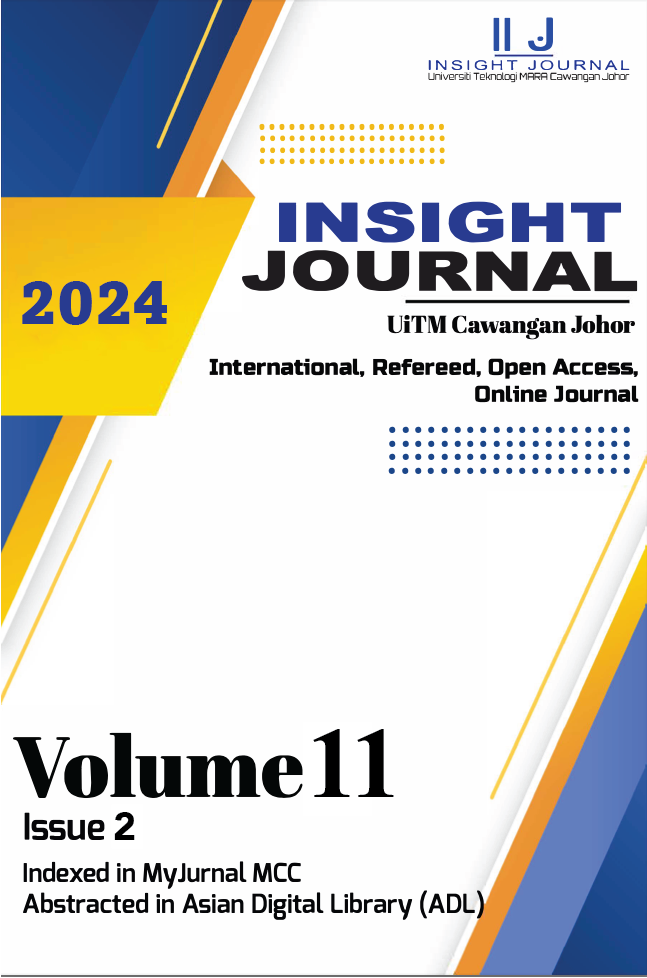A MULTI-DIMENSIONAL FRAMEWORK FOR DEVELOPING ASSESSMENT TOOLS TO MEASURE SUSTAINABILITY FOR COUNTY-LEVEL RURAL E-COMMERCE ECOSYSTEMS
DOI:
https://doi.org/10.24191/ij.v11i2.2324Keywords:
China, County-level ecosystems, Rural e-commerce, SREEM (Sustainability Rural E-commerce Model), SustainabilityAbstract
The sustainability of County-level Rural E-commerce Ecosystems (CREES) is vital for advancing rural industrial revitalization goals in China. Although rural e-commerce plays a significant role in promoting rural development, it often faces sustainability challenges linked to poverty alleviation initiatives, which can undermine its effectiveness. This study introduces a novel framework, the Sustainability of Rural E-commerce Ecosystems Model (SREEM), designed to assess the sustainability of CREES. Utilizing a Modified Delphi-AHP technique, the framework integrates theories from rural e-commerce ecosystems, sustainable development, and rural revitalization practices. It identifies three key dimensions of sustainability; Robustness, Niche Creation, and Endogenous Development Capacity that are critical to the health of rural e-commerce ecosystems. The Modified Delphi method, involving three rounds of expert consultations, was used to refine the SREEM Index system. The validity of the framework was further confirmed through the Analytical Hierarchy Process (AHP) and MATLAB, resulting in a comprehensive four-level SREEM hierarchyReferences
Downloads
Published
2024-10-03
Issue
Section
BUSINESS MANAGEMENT
License
Copyright (c) 2024 UiTM Press

This work is licensed under a Creative Commons Attribution 4.0 International License.







